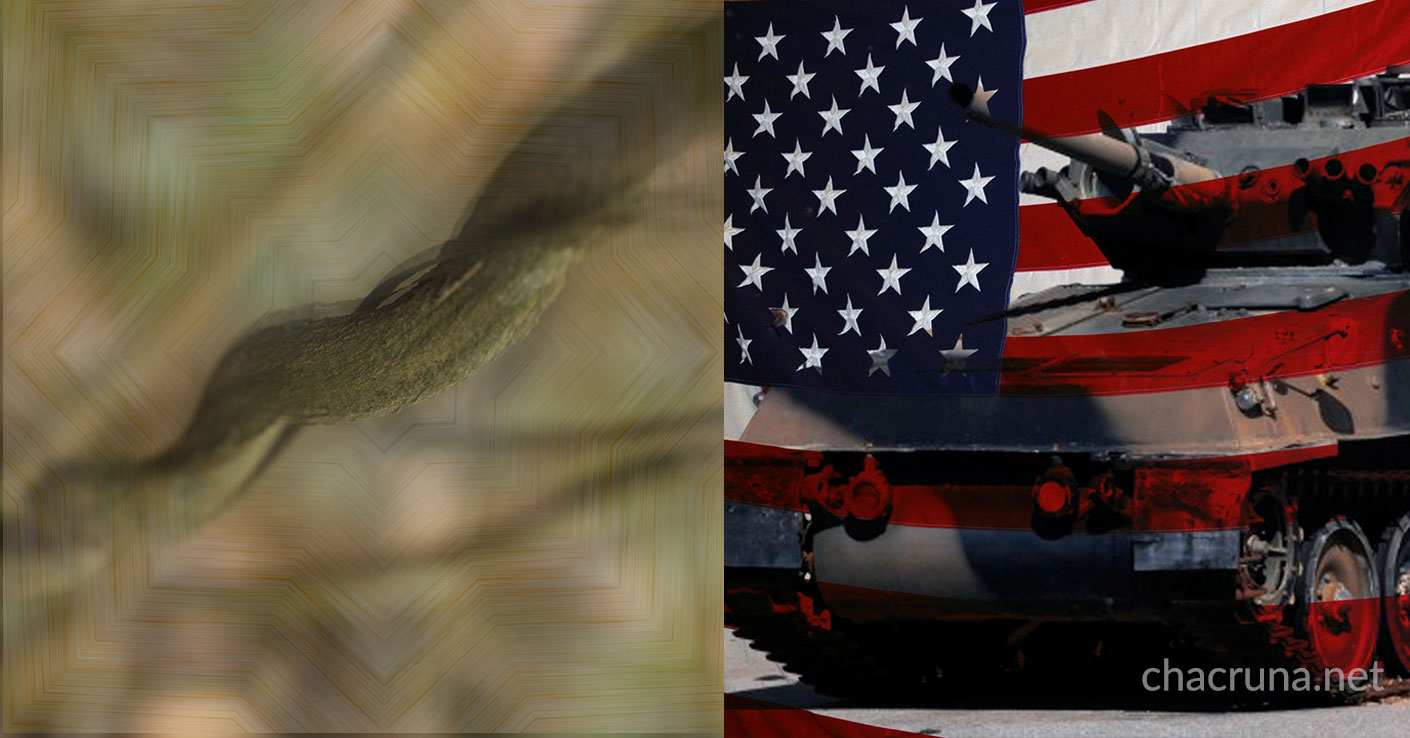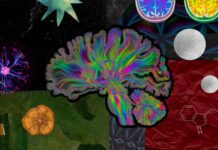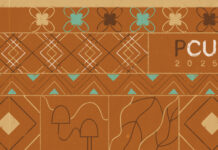- Rethinking Power, Plants, and the Future of Psychedelic Culture - May 9, 2025
- Where Is the Psychedelic Movement Headed Next? - October 15, 2024
- The FDA’s Rejection on MDMA-Assisted Therapy: What is Next for the Psychedelic Movement? - August 16, 2024
I grew up as teenager in the ‘80s in Brazil, listening to Janis Joplin, Jimi Hendrix, smoking pot, and, like so many worldwide, distrusting the U.S. government and its never-ending wars. Now, at 44, I am re-considering my disdain for the U.S. I have learned to love the civil rights and freedoms I found there on my travels. I feel at home in the multicultural, psychedelic, gay, ecological, and beautiful San Francisco. That is perhaps why I was open to accept an invitation to participate in an “all veterans” ayahuasca Peruvian-vegetalismo style ceremony.
My motivations to attend were mixed. While editing our books Ayahuasca y Salud ([Ayahuasca and Health], Los Libros de La Liebre de Marzo, 2013) and The Therapeutic Use of Ayahuasca (Springer, 2014), I had come across many reports on the therapeutic potentials of ayahuasca, but the evidence was always limited, and debatable. I felt that somehow the current glorification of the therapeutic potentials of ayahuasca was a direct result of the process of demonization of hallucinogens. Because mainstream society tends to discredit these experiences so much, a quasi-apologetic counter-discourse on their benefits popped all over the place.
While a part of me still felt very uncomfortable with how the U.S. treats soldiers as national heroes, I was curious. I had never met a solider.
How would these soldiers be? Big, muscular, and sexy guys? Rednecks? Did they regret having killed people? Did they think they were doing the right thing by going to war? Could ayahuasca really help them? Would their presence in the ceremony influence my own experience? Would they perhaps display aggressive feelings, as ayahuasca was traditionally used in warfare among indigenous people in the Amazon? Could they actually be re-traumatized by their visions?
I gathered what courage I had and headed to the retreat. When I got there, I discovered that in fact there were only two veterans. I quickly learned the difference between a “combat vet” (who went to war) and a regular vet, who is a solider, but did not go to war. Both can have severe traumas.
The two veterans were sweet and, yes, big men with muscles. One was a pilot and the other had been a soldier in Kuwait. They both had many other issues besides combat trauma. One had been sexually molested, and the other lost a great part of his family at early age, among other sad stories.
“While vomiting, I saw a horrible war scene, perfectly clear and visual. I had the feeling I was vomiting for him.”
One of them cried and screamed the whole session. He rocked back and forth, like a child. He also whispered, and talked to himself. He made guttural and profound sounds for hours, which were kind of disturbing. These sounds seemed to come from another world.
After the first ceremony, he shared with me some war stories, his panic while in the field, having to shoot, and seeing ahead only women and children, smoke, fire, buildings falling down, chaos. He told my friend a vision that constantly haunted him: a frozen black burnt body with the arms outstretched, like a statue.
I felt so much sorrow in my heart, and tenderness for him. From the theoretical dilemmas I had constructed, and the Rambo-like figures I had conjured, he became a fellow human being to whom I could relate.
The next day, we all took the brew again. I was processing my own stuff. There was a moment that I felt an urge to purge, and went to the toilet. While vomiting, I saw a horrible war scene, perfectly clear and visual. I had the feeling I was vomiting for him. This is something that can happen in ayahuasca; its part of the “tradition” so to speak. Of course, one can argue that what I saw was informed by what he told me, the movies or the media; or, that I was just in a suggestive state. However, I sincerely felt I was relieving some of his pain.
The ceremonies were concluded with “integration circles.” Normally, I do not like this kind of thing, which is common in the U.S. and Europe, but not in Brazil, Colombia or Peru. I felt it was some kind of forced spiritual nudism. This over-verbalization, characteristic of Western societies, seemed poisonous to me; when taking ayahuasca I searched for enchantment, beauty, magic, and other ways of understanding reality.
However, this time, it was a joy to hear the vets’ stories. They were very grateful to the experience. I felt the urge to hug one guy after he spoke, and did so, which he reciprocated for a long time, in silence. One of the vets was hugging other men in the room, telling them how much he loved them.
I left the retreat feeling positive: yes, definitely, ayahuasca can help war veterans!
So I started to research a little on the topic. There has been an emergence of many research trends using marijuana, MDMA, and ayahuasca to treat veterans with PTSD. One fundraising campaign stated: “Don’t we owe them? These soldiers were wounded while they were protecting us.” I did not like this approach, which seemed to use the same kind of patriotic rhetoric and uncritical thinking that leads to wars in the first place. This was at the root of my dislike for the US when I was a teenager. To me, veterans deserve as good treatment as any human being who is wounded. If anything, they frequently are victims of the war machine and those who profit from wars.
A fundraising video promotes the story of a war veteran to advertise a specific retreat center. So, if ayahuasca can help heal traumas, does this means that we should fabricate a “need” for ayahuasca, try to sell retreats to people in general, and turn the brew into any kind of commodity? Another question: should we try to treat veterans so that they can go back to war? And what about offering treatment to soldiers on duty?
In sum, I was back into thinking about ayahuasca politics, something that I have been doing for the last 20 years. Those issues are fascinating, and complicated. I have few answers, but it is time for serious scientific research on the therapeutic potentials of ayahuasca for the treatment of soldiers with PTSD.
—
Note:This article was originally published in 2016 by the HuffPost Contributor platform, see here.
Take a minute to browse our stock:
Did you enjoy reading this article?
Please support Chacruna's work by donating to us. We are an independent organization and we offer free education and advocacy for psychedelic plant medicines. We are a team of dedicated volunteers!
Can you help Chacruna advance cultural understanding around these substances?














